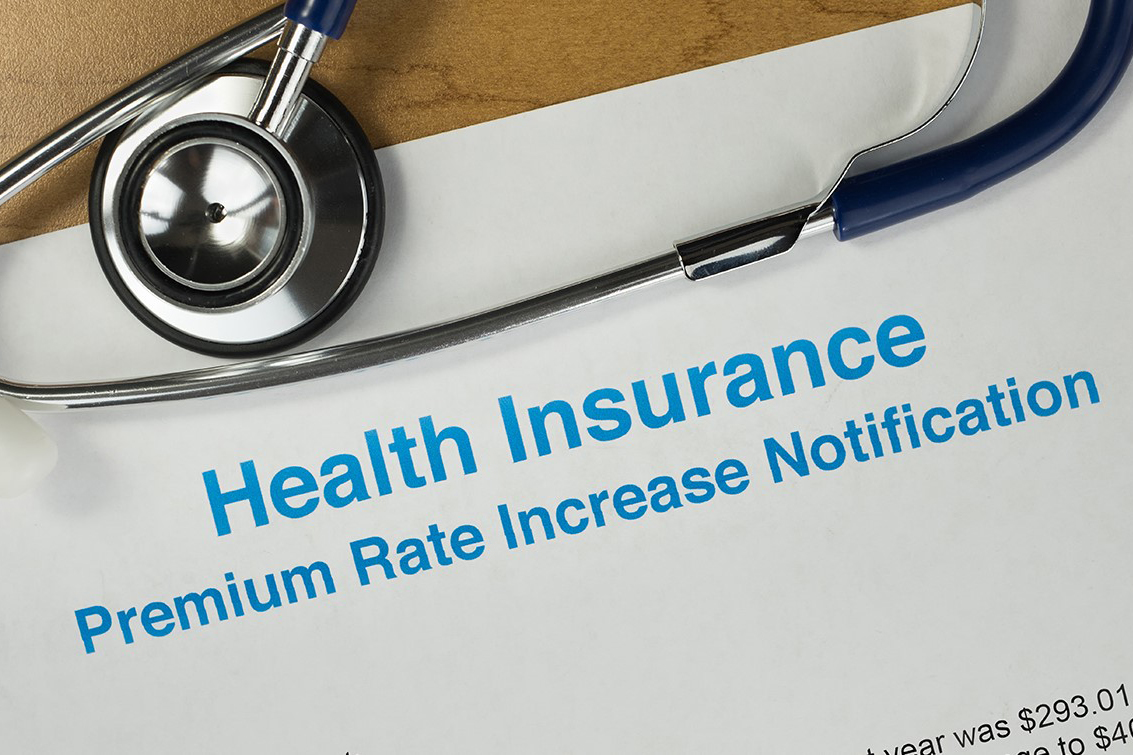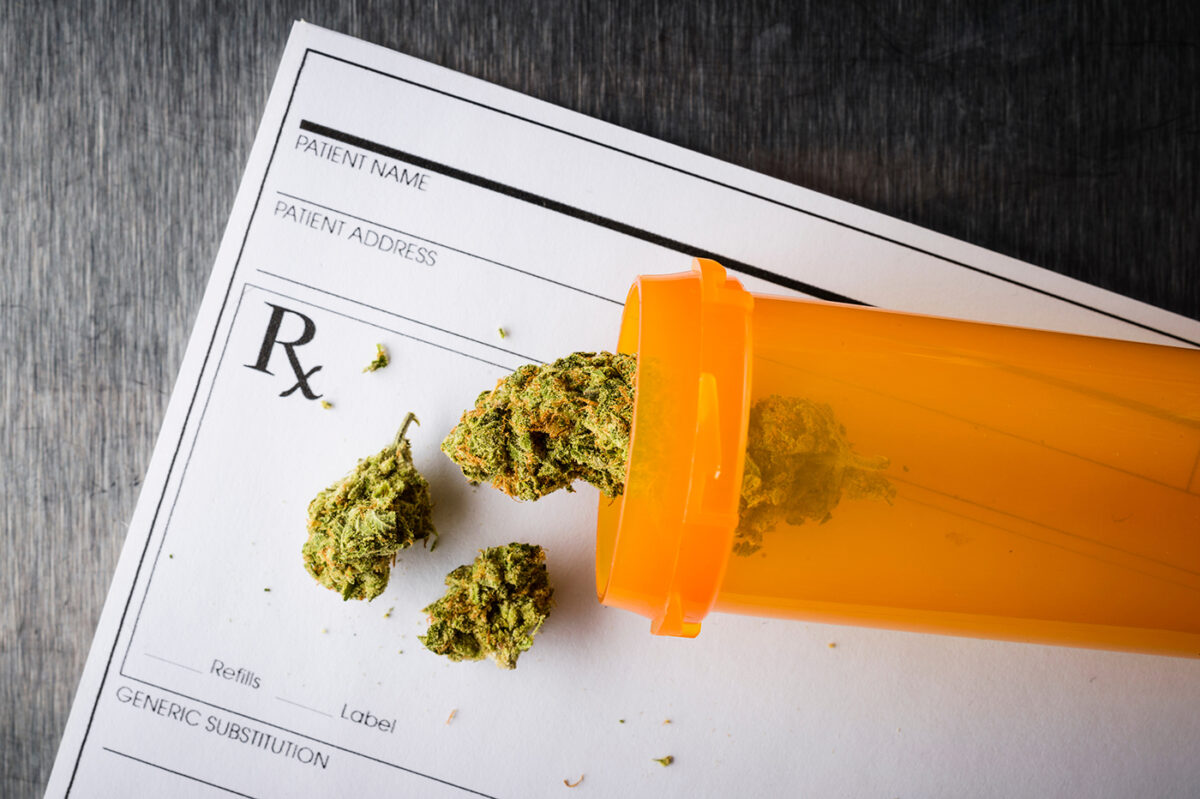
The Arkansas Health Care Payment Improvement Initiative (AHCPII) continues to demonstrate improvements in healthcare quality and reductions in costs, positioning Arkansas as a national leader in value-based healthcare innovation, a new report by ACHI shows.
Arkansas was one of the first states ― and the first Southern state ― to create a multi-payer effort to change the way in which healthcare providers are paid. The AHCPII is a statewide-level shift away from a fee-for-service payment structure, which potentially incentivizes a high volume of services delivered, toward an alternative healthcare payment system that rewards providers for positive patient outcomes. Since the first components of the AHCPII were launched in 2012, the initiative has supported high-quality, efficient care for a large number of the state’s citizens.
Updates on the AHCPII’s progress noted in ACHI’s latest Statewide Tracking Report include:
- A majority of the state’s primary care providers in more than 200 practices are now participating in a patient-centered medical home (PCMH) program and/or the federal Comprehensive Primary Care Plus (CPC+) initiative, serving upwards of three-quarters of a million patients.
- Approximately $90 million in supplemental CPC+ payments were made to Arkansas providers in 2017 and 2018, with additional federal funding continuing in 2019 and beyond.
- Approximately $7 million in Medicaid PCMH shared savings payments were made to Arkansas providers in 2017 and 2018 for meeting quality and cost targets.
- Seventy-five percent of PCMH quality metrics aimed at preventive care have improved or maintained prior-year levels for Medicaid, and nearly two-thirds of Arkansas Blue Cross and Blue Shield quality metrics for PCMH were met overall.
- The vast majority of PCMH providers have achieved sustained practice transformation activities designed to improve access, care management, and overall quality and efficiency, such as 24/7 access, next-day appointments, and patient engagement strategies.
- Data and reporting infrastructure improvements include a large number of providers using the State Health Alliance for Records Exchange and new “Medical Neighborhood” reporting.
- Targeted quality improvement, cost containment, and improved transparency have been achieved within the episodes of care payment program.
Due to the state’s significant advancement towards value-based payment models, Arkansas providers are positioned to succeed as similar value-based efforts are pursued at the federal level. Multi-payer participation has been more fully realized and in turn has increased provider incentives and bolstered participation. As more providers join the PCMH program, and more care is delivered under value-based strategies, patients and providers alike stand to benefit. Continued engagement and input from providers, state leaders, and other stakeholders remains critically necessary to sustain the progress and success of AHCPII.






